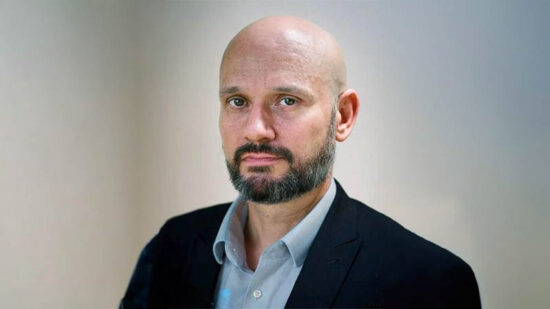Proceedings concluded yesterday (21 August), in favour of the wealthy Al Khorafi family which brought the case in the courts of the Dubai International Financial Centre, with the court ruling the family are to be paid as yet undisclosed compensation.
Conflict of interest
During the trial the company’s chief executive Rohit Walia was singled out by the judge, chief justice Sir John Chadwick, for his behaviour during the sales process. Concluding, judge Chadwick said the bank was motivated “at least in the case of Mr Walia, by a personal interest in the fees that would be generated by the exercise”.
The case centred on the bank’s sale of structured notes to the Al Khorafi family, which were bought in three tranches during 2007 and 2008.
During the two year period, the family, which includes Rafed Al Khorafi, his mother Amrah Al Hamad and his wife Alia Al, who were all independently wealthy, bought structured notes under the advice of Sarasin-Alpen, all funded by loans from Al Ahli Bank Kuwait and Bank Sarasin.
Swiss private bank, Bank Sarasin is the majority owner of Sarasin-Alpen, with a 60% stake, a joint venture with Jersey headquartered Alpen Corporation.
The total amount laid out by the Al Khorafi family during those purchases was $200m.
In November 2008, Bank Sarasin made margin calls on the notes which were not met by the family, the bank then closed out of the notes, with the consequence that the family suffered what are described in the court papers as “substantial losses”.
These substantial losses came despite repeated assurances from the private bank, and its chief executive Walia in particular, that the family would make significant gains and that the chances of losing any money were “negligible”.
Complex algebra
Walia does not come across very well during the course of the trial. Not only does the judge single him out for his apparent greed during the sales process, but his competence is drawn into question when asked about a factsheet sent to the clients explaining the product they had purchased.
Included on the factsheet, which it should be remembered was essentially handed to retail, unsophisticated investors, was a complex algebra equation.
When asked about the equation, Walia said the “equation is an equation which very clearly specifies how the calculation will be done for redemption purpose”.
However, when asked to explain how it worked, he replied: “I wouldn’t know. I don’t do these equations. The last time I did equations was in school.”
Summing up judge Chadwick said: “I am satisfied that the present is a clear case of mis-selling unsuitable investments to an unsophisticated investor, and to his equally unsophisticated wife and mother. That was carried out by employees of Sarasin-Alpen – motivated, at least in the case of Mr Walia, by a personal interest in the fees that would be generated by the exercise – and without regard to the protection that the Regulatory Law was intended to afford retail customers (as these claimants were).
“Bank Sarasin adopted a business model which led it to breach the Financial Services Prohibition. It appears to have been content to allow the mis-selling to take place; in that it failed to exercise any adequate supervision over those whom it held out as its own client relationship managers.”
Nigel Sillitoe, chief executive of locally headquartered financial research house Insight Discovery, which has conducted research into private banking in the Gulf, said: “Having interviewed a number of CIOs who run family offices I have been rather shocked by how many of them have stated that they are in the process of firing their private banks; it’s not unusual for family offices to have a number of private banking relationships.
“This news weakens even further the trust between family offices and private banks and presents an opportunity for asset management companies to strengthen their marketing efforts to give advice to family offices, if they have the patience.”








